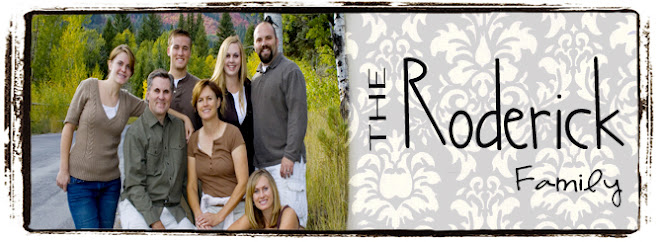"When thou passest through the waters, I will be with thee; and through the rivers, they shall not overflow thee: when thou walkest through the fire, thou shalt not be burned; neither shall the flames kindle upon thee." (Isaiah 43:2)
Isaiah's prophecies assume the reader is knowledgeable of Israel's history and the law of Moses. Water plays an important role in Israel's salvation and the destruction of her enemies. Noah was saved by the floods and Israel was delivered when Moses petitioned the Lord to part the Red Sea. On both occasions the enemies of the Lord's people were destroyed as the covenant people were saved.
Uncontrolled water brings chaos and destruction, while water staying within its bounds brings life and sustenance. Think of the role water flowing from beneath the porch of the Temple in Ezekiel's vision plays. (Ezekiel 47) As the water rises "trees" flourish as do "fish", both metaphors for man. Even the water's of the Dead Sea are healed.
Avraham Gileadi contends water imagery in Isaiah is often used to metaphorically represent a military force. One example of this is Isaiah's description of the Assyrian king sending his army against Israel:
"Now therefore, behold, the Lord bringeth up upon them the waters of the river, strong and many, even the king of Assyria, and all his glory: and he shall come up over all his channels, and go over all his banks:" (Isaiah 8:7)
So what is the Lord telling us He will do for His people when we pass through the waters? He promises to be with His covenant people, even as He was with Noah, Moses and Hezekiah when the Assyrian army approached. The Lord will not allow these challenges that face His people to overcome them, though He does use such events to try the faith of His people.
The next challenge the Lord's people will face are trials by fire wherein His people will walk through and not be burned.
When Moroni first appeared to Joseph Smith he repeated among others the prophecy of Malachi, suggesting they were soon to be fulfilled. Malachi 3:1-3 speaks of a messenger who comes to prepare the way before Him. In verse 2 Malachi asks the question, "But who may abide the day of his coming? And who shall stand when he appeareth? for he is a refiners fire and a fuller's soap."
The "refiner's fire" is what a precious metal's processor uses to burn away impurities from the ore he seeks to purify to the purest elements. Just as ore is refined through heat, the Lord refines us through adversities and challenges we face.
Fuller's soap is a similar metaphor. A fuller gathers wool from sheep and uses a soap to cleanse the wool after it is harvested from sheep. Again, the metaphor implies a removal of impurities.
Verse 2 is a promise from the Lord that when His covenant people are faced with these adverse tests of faith, He will be there with them.
Another relevant reference to fire is found in 1 Nephi 22:17:
"Wherefore, he will preserve the righteous by his power, even if it so be that the fulness of his wrath must come, and the righteous be preserved, even unto the destruction of their enemies by fire."
As is often the case in scripture, the metaphor often has a literal application in addition to the symbolic.
The final point with fire is the nature of a fire that a person can walk through and not be burned. The fire that Moses saw that did not consume the bush represented divine presence. Helaman 5 tells the story of Nephi and Lehi being surrounded by flames in a pillar of fire and are not consumed. In these examples the pillar of fire represents God's presence, another way He fulfills His promise to be with His covenant people.
The answer to Malachi's questions are found in Isaiah 43 where the Lord (through Isaiah) says that those who make and keep their covenant with God will walk through their trials and prevail.
Tuesday, May 24, 2011
Isaiah 43:1-7, part 2
Posted by Roderick Family at 4:55 AM
Subscribe to:
Post Comments (Atom)

0 comments:
Post a Comment